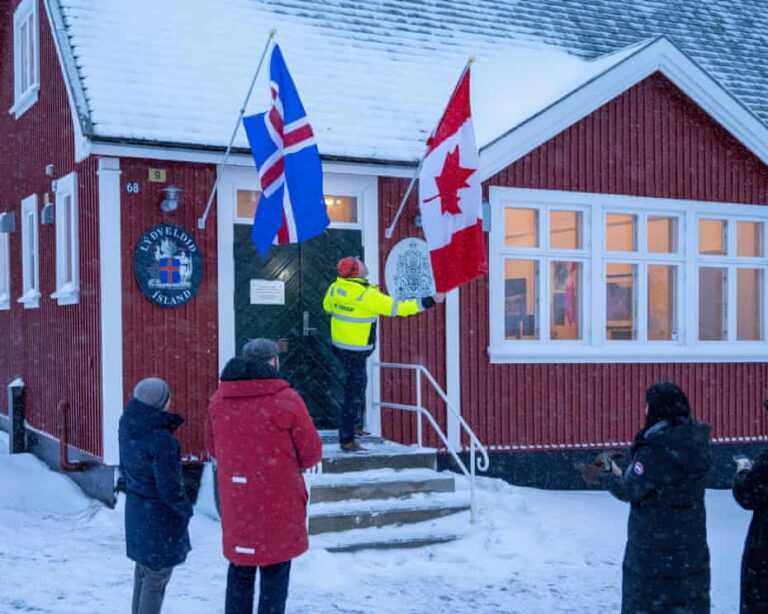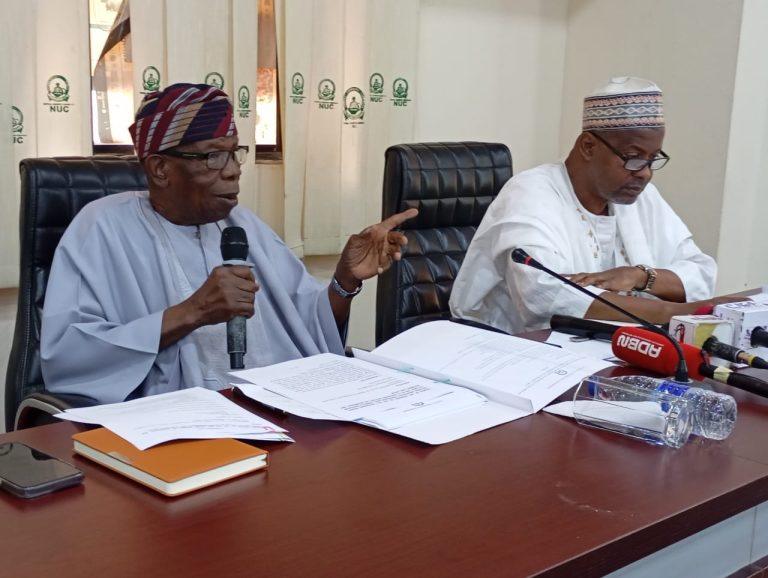
The National Agricultural Land Development Authority (NALDA) is taking bold steps to improve food production across Nigeria. The agency has introduced a farmer clustering initiative aimed at increasing yields, improving market access, and reducing food insecurity nationwide.
Prince Paul Ikonne, NALDA’s Executive Secretary, made this known during a press briefing. He explained that the initiative groups farmers based on crop type, location, and support needs. This strategy helps NALDA provide inputs, training, and market access in a more efficient and impactful way.
Ikonne stated that NALDA clusters farmers for food security and long-term agricultural development. He said grouping farmers together increases output and encourages shared use of irrigation, mechanized tools, and storage facilities. It also makes it easier for them to access financing and technical support.
He added that the initiative targets rural communities and youths. Many young Nigerians have been trained under the NALDA program and are already operating their farms. The agency has provided these farmers with land, seedlings, fertilizers, and simple equipment to ensure they succeed.
NALDA clusters farmers for food security and social inclusion. The clustering approach also creates job opportunities and promotes value chain development in agriculture. Ikonne emphasized that this model allows for faster responses to farmers’ needs and reduces post-harvest losses.
The agency has already established clusters across several states, including Borno, Ogun, Ekiti, and Abia. Each location has been selected based on soil suitability, crop potential, and community participation. He said NALDA collaborates with local governments, traditional leaders, and community-based organizations to ensure smooth implementation.
Ikonne highlighted that this initiative supports President Tinubu’s food security agenda. He said the President has shown strong political will by backing national efforts to scale agricultural productivity. This support has helped NALDA expand its reach and deepen its impact in rural Nigeria.
Farmers in the clusters are producing crops such as rice, maize, cassava, and vegetables. NALDA helps them store and sell their produce at better prices. Ikonne explained that the agency is also working on processing hubs and agro-allied centers to help reduce wastage and add value.
He encouraged Nigerians to see agriculture as a viable business. He also said more people should take advantage of the opportunities available through NALDA. The agency’s support system reduces risk and gives farmers the confidence to produce more and earn better incomes.
By organizing smallholder farmers into functional clusters, NALDA is creating a more sustainable food system. It is building resilience, strengthening rural economies, and encouraging agricultural innovation.
This approach reflects a practical solution to Nigeria’s food challenges. With the right support and continued investment, NALDA’s model could significantly reduce hunger and poverty in the country. Its vision is clear, and its execution is already producing visible results.



